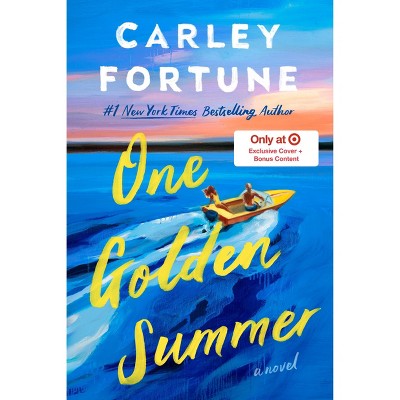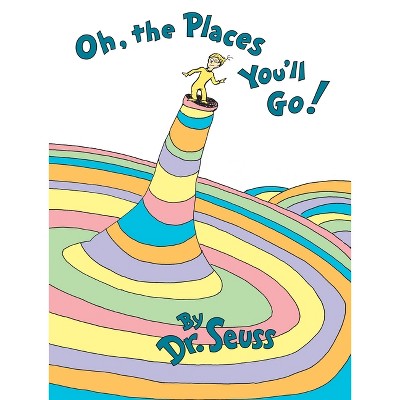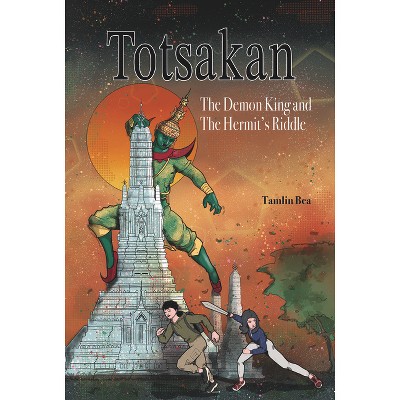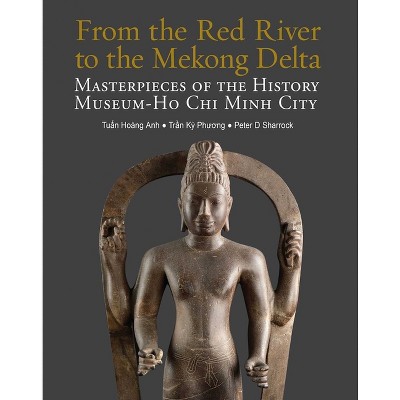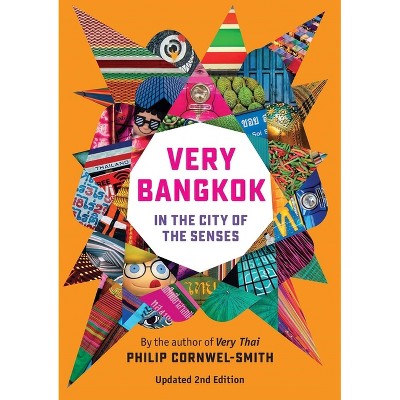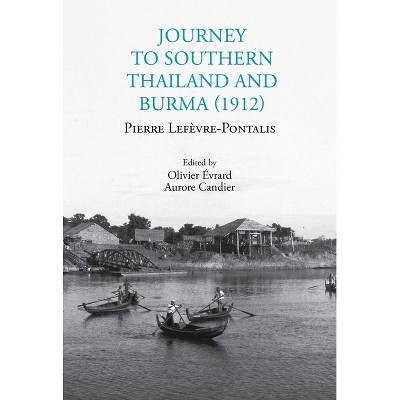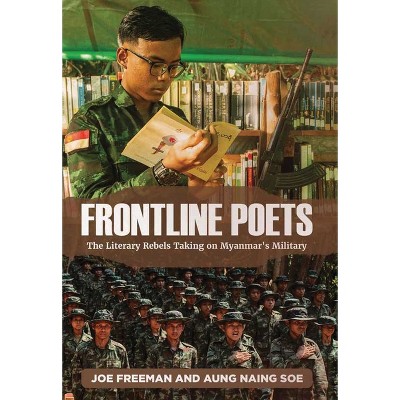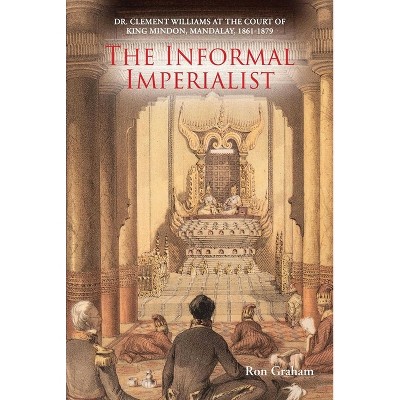About this item
Highlights
- Tuned to the rhythms of the soap operas that air on Thai television each night and written with the consuming intensity of a fever dream, this novel opens an insightful and truly compelling window into the Thai heart.This is a melodrama about a ship-wrecked relationship.
- About the Author: Veeraporn Nitiprapha started writing stories when she was a teenager.
- 206 Pages
- Fiction + Literature Genres, Family Life
Description
About the Book
Translation of: Saidå'an tåa båøot nai khao wongkot.Book Synopsis
Tuned to the rhythms of the soap operas that air on Thai television each night and written with the consuming intensity of a fever dream, this novel opens an insightful and truly compelling window into the Thai heart.
This is a melodrama about a ship-wrecked relationship.
Set in Thailand and traveling loosely over the 1980s and '90s, with mention of a political incident in 2010, this sad and beautiful book begins on the day Chareeya is born, the same day her mother discovers her father having an affair with a traditional Thai dancer. From that moment on, Chareeya's life is bound to the weight of her parents' disappointments.
She and her sister Chalika grow up in a lush, tranquil riverside town near the Thai capital of Bangkok, captivated by romance novels, classical music and games of make-believe. As children, the two develop a friendship with an orphaned boy, Pran. Over time these childhood friends find themselves lost between unrequited desires and fantastical dreams that are realer than their everyday lives. The culmination of the story comes as neither Chareeya, Chalika, nor Pran can exit safely from the intertwined labyrinth of their fates.
The author's lyrical prose is enchanting: the book is filled with the colors, sounds and fragrances of Thailand. Her language has a hazy cinematic effect as characters maneuver through magical remembrances of events gone by, often failing to confront the problems in front of them.
Dangerous and irresistible, the story can be read either as a nod to old-fashioned Thai romances, or as a sophisticated, literary upgrade of the soap opera drama, or as a bitter commentary on the myths, smokescreens and delusions that seem to have disoriented the Thai people with many years' heartbreak in attendance.
The Blind Earthworm in the Labyrinth won the 2015 S.E.A. Award, Southeast Asia's most prestigious literary prize. It is now masterfully translated into English by Kong Rithdee, film critic and award-winning author in her own right.
Review Quotes
At its core, this novel from Veeraporn Nitiprapha has a simple dynamic: the tension between two sisters, and the young man whose life interweaves with each of theirs. What makes this novel unique is its attention to the granular, whether it's the music that several of its characters obsess over or its author's tendency to fill in the history or future of a specific character at a moment's notice.-- "Words Without Borders"
Engrossing and addictive - a unique window onto the Thai soul in turmoil. More than any other Thai publication in English currently out right now, The Blind Earthworm in the Labyrinth is the most complete and enjoyable novel for losing one's self in Thai fiction.-- "Asian Review of Books (Hong Kong)"
Nitiprapha has been referred to as the Arundhati Roy of Thailand. [Her] unorthodox style and prowess, which mirrors the classical Thai drama, has made her an international phenomenon one should not miss out on.-- "Scroll.in (India)"
Nitiprapha's feverish and dreamy novel ... is a tour de force that looks at the romantic ideals that come to us from stories and songs, and how they can cause us to lose our way, like blind earthworms in a labyrinth. Compelled to write this book after seeing the clashes between pro- and anti-government forces in Thailand in 2010, [she] seems to suggest that, just like romanticising love, romanticising political leaders can lead to madness and delusion. ... This slim novel is like a seductive and intoxicating soap opera. Melodramatic and mesmerising, the book dives deep into love and comes up smelling of roses.-- "The Straits Times newspaper (Singapore)"
Rich with mythical imagery, [The Blind Earthworm in the Labyrinth] plunges the reader into a contemporary Thai life strongly influenced by Western culture while steeped in timeless traditions and Buddhist thought, and roiled by decades of political dissent. ... The translator has done a masterful job of capturing the author's sumptuous prose, each sentence unfurling like a brightly dyed bolt of silk. Despite a doomed sense of a tragedy foretold, the story is a celebration of life that engages all the senses, redolent with food and music, fecund with the splendor of nature, opulent with life, as one story uncovers another story and on into infinity. ... [A] rare glimpse into the torrid heart of modern Thai life.-- "Washington Independent Review of Books"
The effect of Veeraporn's narrative is akin to a malarial hallucination, but that's what Bangkok feels like: a soap opera in which someone wakes up and realizes that the preceding episodes were all just a fever dream. Or is the waking the actual dream?....Veeraporn's Bangkok is an immersive experience, exotic but not exoticized.-- "The New York Times Book Review"
Mesmerizing and unputdownable - a virtuoso translation of what must surely be one of the best Thai novels to make it into English.--Lawrence Osborne, author of Hunters in the Dark and Only to Sleep
About the Author
Veeraporn Nitiprapha started writing stories when she was a teenager. Born, raised and still residing in Bangkok, she used to work as an editor on a fashion magazine and as a copywriter for advertising agencies. These days she is mother to a young man, owner of four moody cars, and a devoted cook and gardener. A full-time writer, she also runs a writing workshop. The title of her latest novel, published in Thai roughly translates as "The Twilight Years and the Memory of a Memory of a Black Cat" - it won the S.E.A. Write Award in October 2018, making her the first female writer to win the award twice.
Kong Rithdee (translator) has been writing about film, literature and culture for the Bangkok Post since 1996. He has also made documentary films (The Convert, Baby Arabia, and Gaddhafi) and collaborates with the Thai Film Archive, a public organization dedicated to preserving Thailand's audiovisual heritage.



